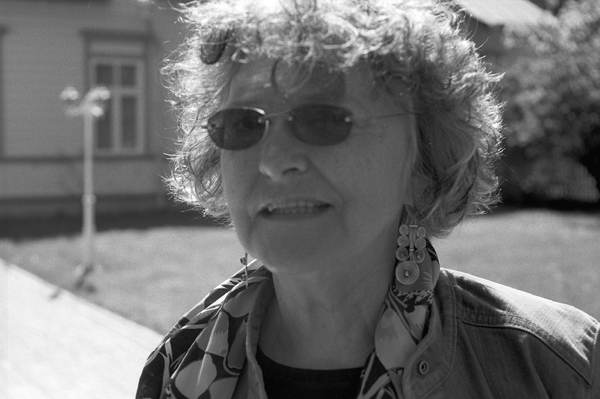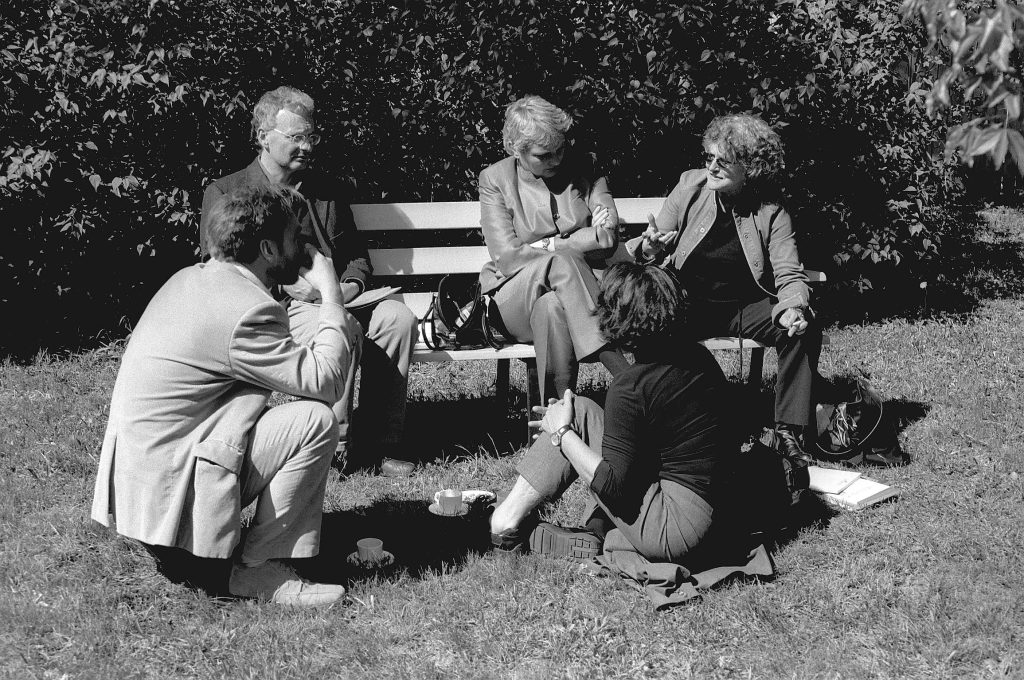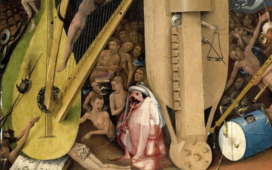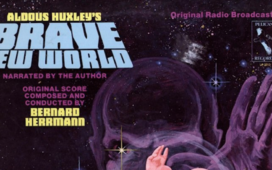Eurozine is deeply saddened by the death of Judith Vidal-Hall, editor of Index on Censorship from 1993–2006 and a longstanding member of Eurozine’s advisory board.
Judith made a deep and lasting mark on Eurozine when she brought Index into the network in 2001. As a reputed British journal established in the early 1970s to report on abuses of freedom of expression worldwide, Index’s involvement was a major gain for Eurozine. As a recently-founded internet-based project, Eurozine’s visibility and organisational strength was significantly boosted and its reach extended further into the dissident tradition in eastern Europe and globally.
And in the person of Judith Vidal-Hall, who prior to Index had been editor at The Guardian’s Third World Review and the magazine South, Eurozine had a top-notch professional journalist whose interests and experience, particularly in the cultures, histories and literatures of South Asia, fell outside the ambit of most of the other editors in the network. She was immediately invited to join the Eurozine editorial board.
At the time, Eurozine was a uniquely transnational editorial collaboration encompassing both halves of the re-united Europe. The intellectual vibrancy of the network combined with its programmatic anti-parochialism immediately attracted Index’s editor and offered her access to the discussions and personalities she was seeking as she steered Index through the post-Cold War era.

Judith Vidal-Hall at the 17th European Meeting of Cultural Journals in Tallinn, 2004. Image: Walter Famler / copyright Eurozine
‘Censorship does not end, it merely changes its guise’, she once said in a typically pithy turn of phrase. Highly alert to the new threats to freedom of expression emerging from the rubble of the old order, her authors at Index included the leftist Hungarian journalist Miklós Haraszti, later Representative on Freedom of the Media at the OSCE; the Romanian Roma policy advisor and activist Valeriu Nicolae, whom Judith held in particular regard; and the emigré Russian-Israeli novelist and essayist Zinovy Zinik, all of whom she introduced to Eurozine, along with many more.
On the 60th anniversary of WWII, Judith also published, in collaboration with Transit magazine, Timothy Snyder’s seminal article ‘Balancing the books’. A plea for greater awareness in the West of the historical trauma of the East, the article contained the premise of Snyder’s groundbreaking work to come.
Which is not to say Judith always saw things coming: she liked to recall how taken she was by the young Viktor Orbán when she interviewed him in the early 1990s. On that score, she was not the only one whose powers of clairevoyance failed them.
The collaboration between Eurozine and Index under Judith’s editorship resulted in the conference ‘Shared space, divided society’, held in London in 2006. The meeting was a roaring success. Kenan Malik’s keynote, a plea for the freedom to give offence in plural society, was a landmark in the debate sparked by the Danish Cartoon controversy. Malik would become a regular contributor both to Index and Eurozine, not to mention more prominent media, throughout the next decade. But Judith herself was never a free speech fundamentalist and gave space in the magazine to those who doubted the wisdom of publishing the cartoons.
Another landmark in Judith’s late career at Index was the privacy issue (3/2005). Published long before the NSA leaks and the GDPD, the issue articulated the basic insight that freedom of expression in the post 9-11 era depended on the protection of online data. She generously made all the articles in the issue available to Eurozine (for example: Simon Davies, Gus Hosein, Tony Bunyan). Internet privacy would become a major concern for Judith in the following years – not least as lead plaintiff in a successful legal action against Google (Vidal-Hall v. Google).
When the Eurozine editorial board was reduced from twelve to four members in 2005, Vidal-Hall was asked to join the advisory board. In this position she continued to have an important influence on the organisation. After her retirement from Index, she also worked as contributing editor to Eurozine. She considered the focal points on media landscapes in central eastern and western Europe, which benefited from the book of contacts she had compiled over decades, to have been among the best things she had published.
But Judith will perhaps be remembered best for her questioning intellect, historical erudition and political nous, which in combination with her wit and charm added a dash of quality to any gathering she took part in. This was what made her an essential part of the network, despite her occasional doubts to the contrary. The nagging imposter syndrome she felt as a Brit, which Brexit only served to deepen, endeared her all the more to her European colleagues. And her self-deprecatory gambit, ‘As the oldest person present…’, with which she habitually prefaced her irreverent and often slightly impatient interjections, became a running joke. In private, Judith was deeply unassuming, approachable and generous. She was particularly popular with younger members of the Eurozine network, in whom she always showed much interest.
Less than a month before her death, she wrote an email to her Eurozine colleagues expressing her disappointment at being unable to attend this year’s European Meeting of Cultural Journals. She took the opportunity to tell us what she thought ought to be our editorial priorities in light of the European and global shift to the right, and the impacts this is having on freedom of expression:
‘The Eurozine network was courageously founded before the dividing wall came down and resulted in some amazing revelations – we had resisted everything and still had much of our “cultural views and creations” in common. It’s what drew me in from the beginning! What impact is the current global upheaval having?’
Typically for Judith, this was an opinion framed as a question. It is one Eurozine will continue to ask, in her memory.

Judith Vidal-Hall (far-right) with other network editors at the 17th European Meeting of Cultural Journals in Tallinn, 2004. Image: Walter Famler / copyright Eurozine















